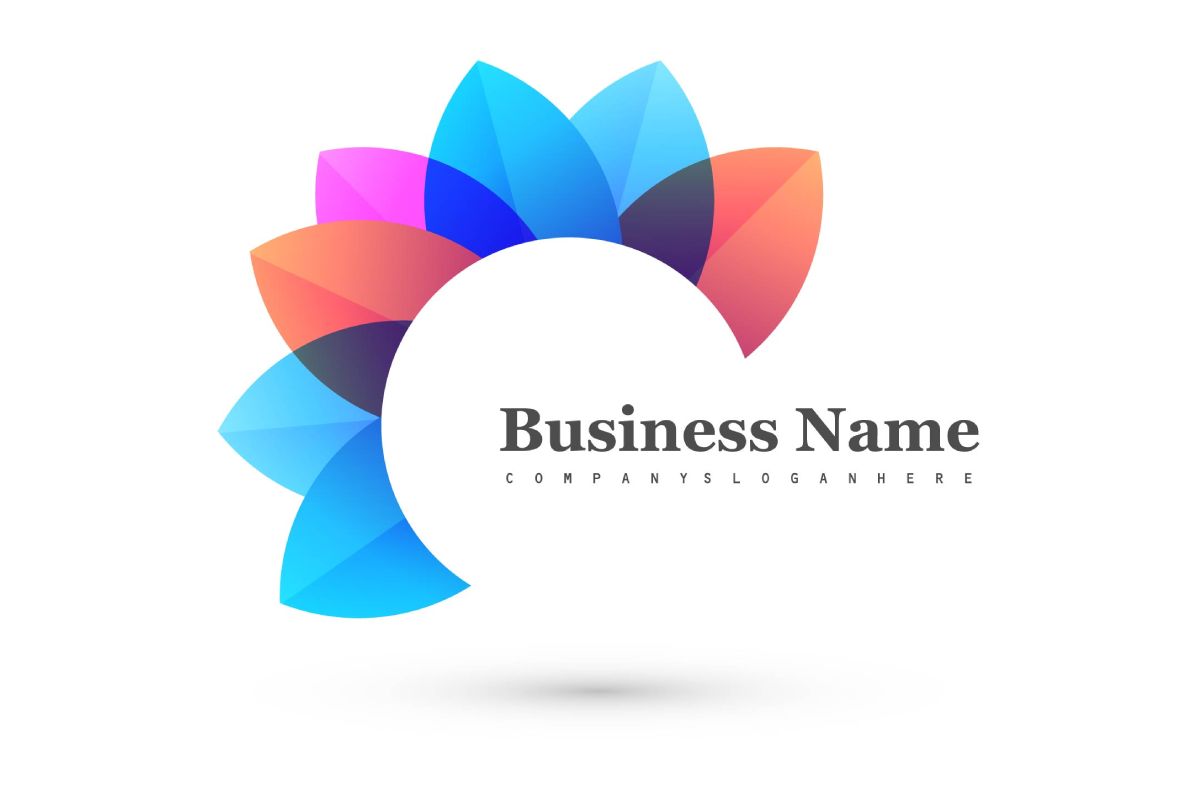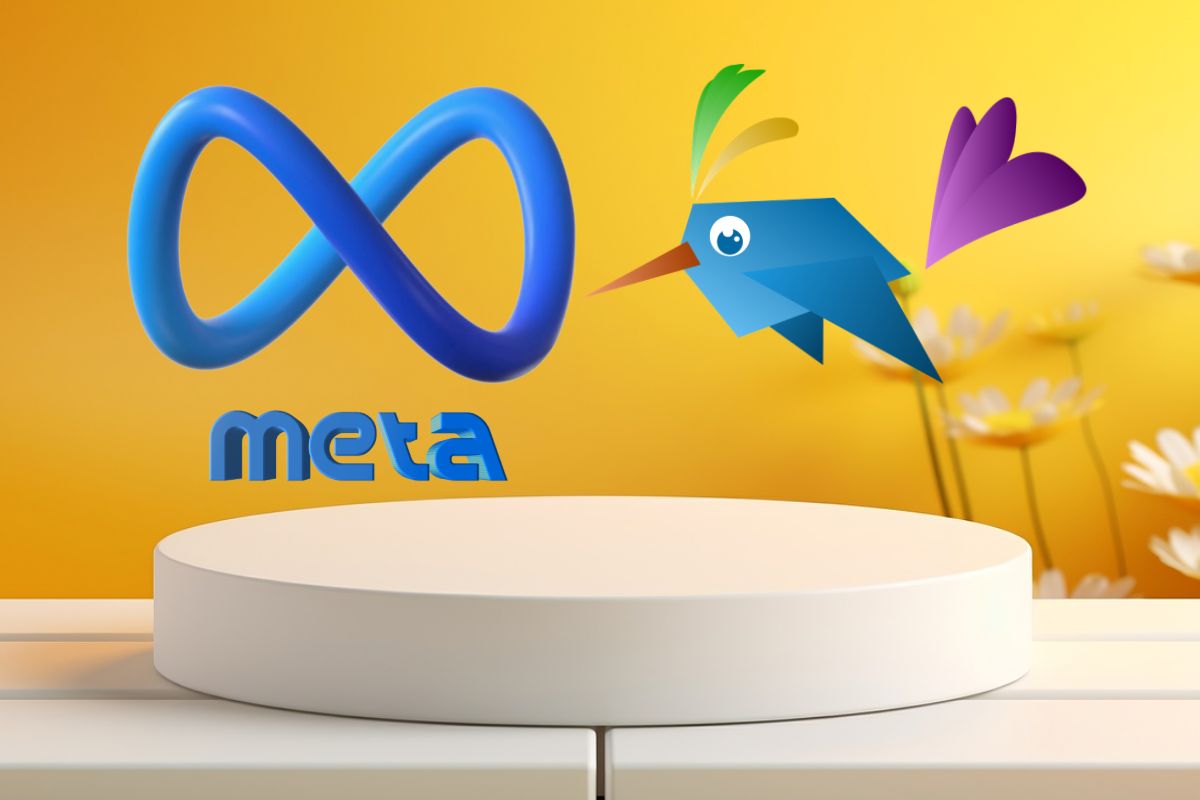The Evolving Role of HR Outsourcing in Organizations
Companies have increasingly turned to HR outsourcing to gain a strategic compliance and risk management advantage. With rising regulatory complexities, organizations find managing human capital more demanding than ever. Outsourcing partners bring expertise that ensures daily HR operations run smoothly and helps safeguard businesses against rapidly shifting employment law landscapes. By leveraging these partnerships, organizations free up their internal teams to focus on core growth activities while experts accurately and consistently handle compliance, risk, and related processes. For a deeper understanding of managing human capital, partnering with experienced specialists enables organizations to implement best practices and stay ahead in a changing market.
In addition to covering operational essentials, outsourced HR providers closely monitor evolving legislation and industry standards. This vigilance minimizes overlooked obligations that could result in costly penalties or litigation. Ultimately, outsourcing provides a reliable safety net, embedding specialist know-how into the foundation of a company’s HR structure while enhancing reputation and employee trust.
Compliance Challenges Facing Today’s Workplaces
Modern businesses must navigate a labyrinth of international, federal, provincial, and local labor regulations. The sheer diversity of employment contracts, wage laws, and workplace safety mandates can overwhelm even the most diligent internal HR teams. Regulatory requirements are not static; they evolve in response to economic trends, court decisions, and political priorities—posing a continual challenge for businesses aiming to stay compliant.
According to findings highlighted by the Society for Human Resource Management, organizations in the U.S. face increasing compliance burdens, from overtime rules to data privacy statutes. These heightened expectations make it critical for employers to pay close attention to evolving rules, especially in areas like paid leave, anti-discrimination policies, and record-keeping. Any compliance lapse, no matter how minor, can lead to reputational harm, employee grievances, and regulatory fines.
Key Ways Outsourcing Strengthens Regulatory Adherence
HR outsourcing firms employ professionals who specialize in deciphering the fine print of regulations and employment standards. Their sole focus often revolves around keeping clients compliant—thanks to regular monitoring of rule changes, industry trends, and government updates. Rather than scrambling to interpret new standards after the fact, internal HR teams can rely on their partners to anticipate change and build procedures that align the entire organization. This is essential when navigating requirements tied to wages, benefits administration, workplace safety, and equal-opportunity employment.
These outsourced teams also streamline documentation and reporting, making audits less daunting. Employees and managers benefit from clear, legally sound policies supporting a transparent, consistent work environment. Consistently applying compliant practices across all levels of the organization helps build a culture rooted in integrity and legal responsibility.
Reducing Employer Risk Through Specialized Support
Employer risk can stem from anywhere—misclassification of workers, missed deadlines, or even unintentional errors in how employment laws are applied. Outsourcing adds an extra layer of protection and experience to mitigate these pitfalls. With targeted support, employers reduce their exposure to lawsuits, government interventions, and costly back payments. Outsourced HR teams quickly address subtle errors in documentation or onboarding processes, limiting long-term liability.
Prevention is at the core of outsourced risk strategies. These professionals design and deliver upfront compliance training, advice on best practices, and regular policy reviews that keep company standards current. As a result, employers can rest assured that preventative measures are continuously updated to reflect the latest risk factors facing their industry and jurisdiction.
Integrating Technology for Better Oversight
Technology is a linchpin in the HR outsourcing ecosystem. Cloud-based platforms and AI-driven analytics provide unprecedented visibility into HR processes. Automated updates notify HR teams of regulatory changes, while digital timekeeping, payroll, and document management help organizations demonstrate compliance during an audit or investigation.
Integration of digital tools also streamlines data collection for compliance reporting and risk assessment. For example, data dashboards can instantly flag irregularities or areas requiring further training. Recent research shows that organizations adopting sophisticated HR technologies experience enhanced monitoring, a greater ability to identify patterns of concern, and improved agility in addressing emerging risks.
Training and Employee Awareness in Outsourced HR Models
HR outsourcing benefits management and compliance officers and is critical for front-line staff and middle managers. Outsourced firms often provide orientation, ongoing compliance training, and resource libraries that help employees remain educated on essential workplace laws and ethical standards. These training modules are updated regularly and reflect the current legal landscape, minimizing gaps in knowledge that could otherwise expose the business to unintentional non-compliance.
Proactive communication and standardized employee handbooks ensure staff understand their rights and responsibilities and how to report concerns. This helps build a culture where compliance is seen as a shared commitment, strengthening risk mitigation at every level of the organization.
The Financial and Strategic Impact of Outsourced Compliance
The cost-effectiveness of HR outsourcing extends far beyond saving time. By reducing the likelihood of regulatory fines, litigation, and remediation expenses, outsourcing can deliver measurable ROI. Moreover, with access to expert counsel and specialized systems, organizations are better positioned to make strategic workforce decisions confidently. Outsourced HR teams can help forecast the impact of regulatory changes on workforce planning, enabling organizations to adapt proactively rather than react under pressure.
From a strategic perspective, the most successful organizations treat HR outsourcing as an investment in future readiness—one that allows leaders to focus on innovation, expansion, and improved market competitiveness, trusting that their compliance and risk programs are in capable hands.
Building a Proactive HR Partnership for the Future
As the compliance and risk environment remains dynamic, partnerships with qualified HR outsourcing firms will become increasingly valuable. Organizations prioritizing agility, legal insight, and a robust compliance foundation are well-equipped to thrive amid constant change. Outsourcing partners bring a proactive mindset to regulation tracking, policy implementation, and continuous risk management—ensuring businesses stay a step ahead of new requirements and avoid costly mistakes.
Also Read: Why 90% of AI Projects Fail (And How to Be in the 10%)




